Stages
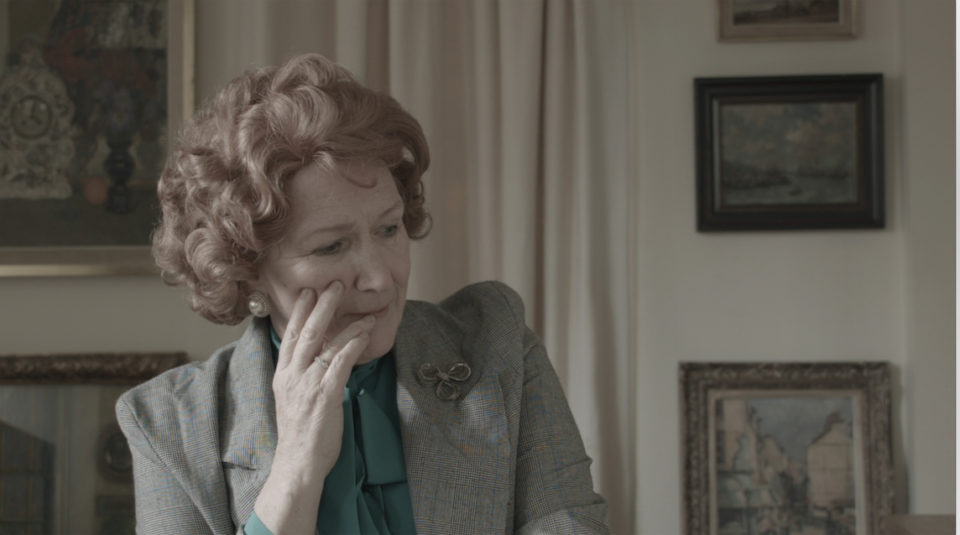
A film about acting and the 80s (coming soon).

A film about acting and the 80s (coming soon).
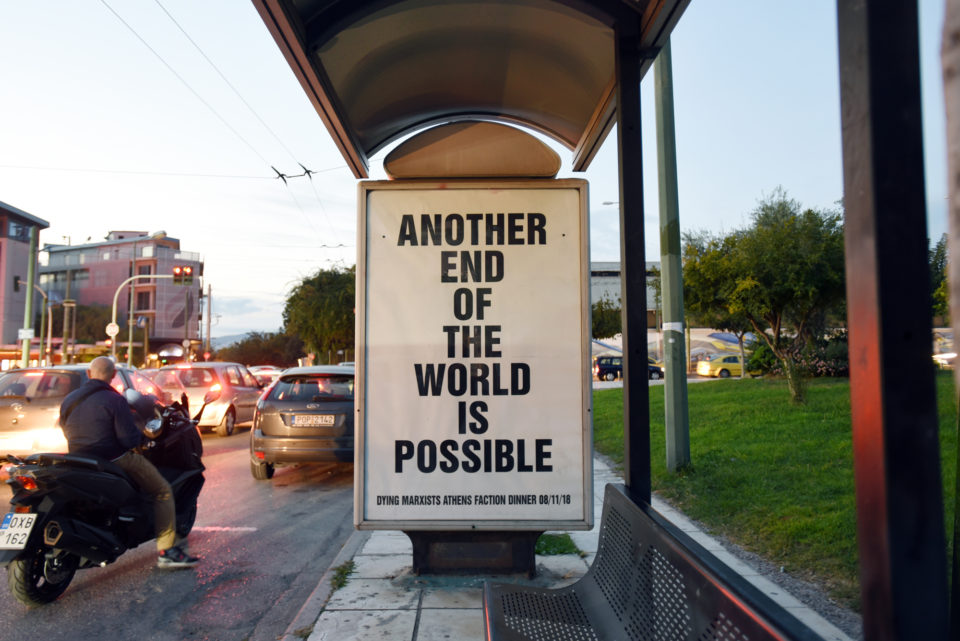
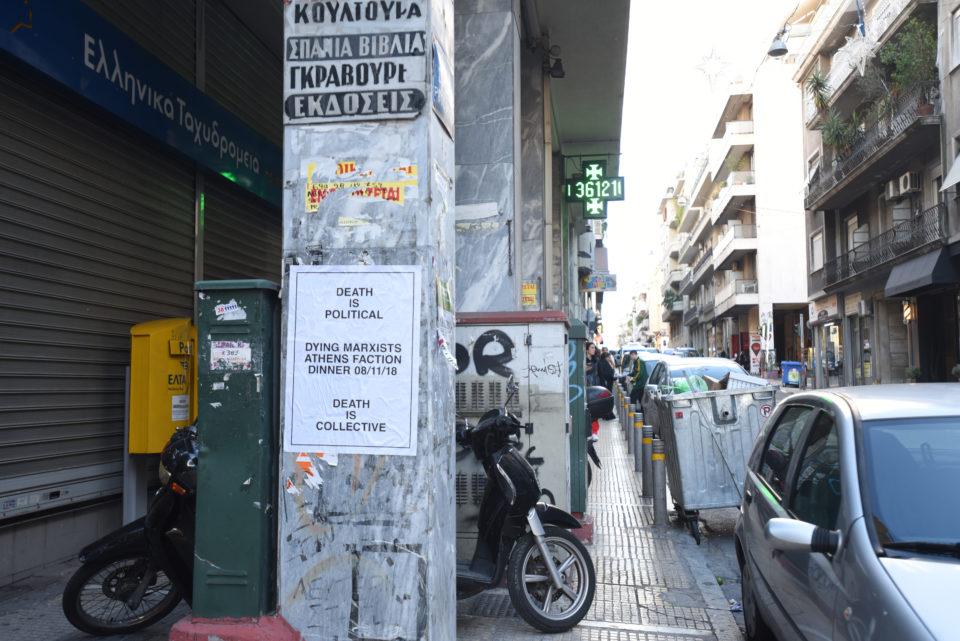
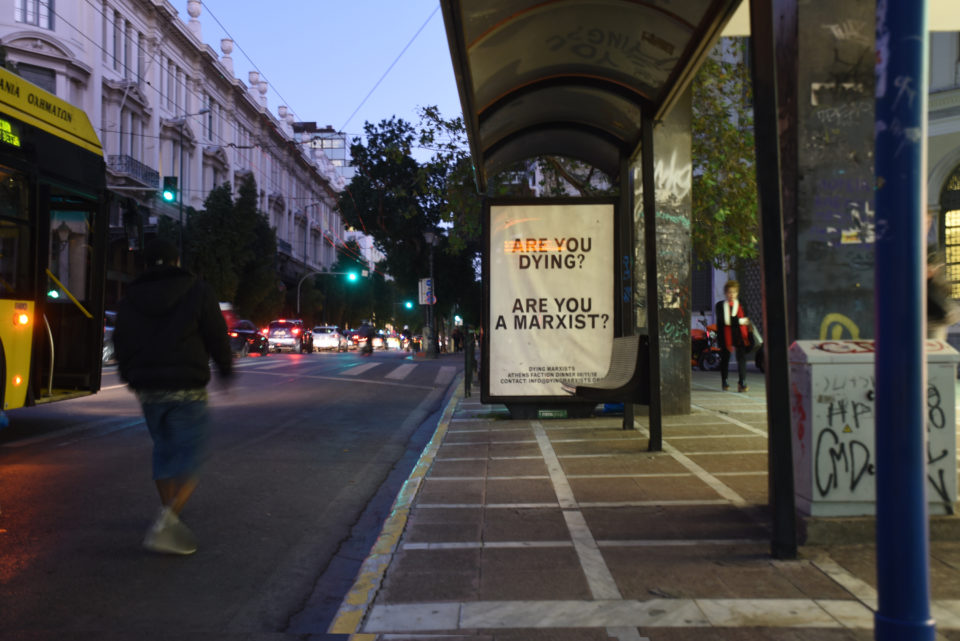

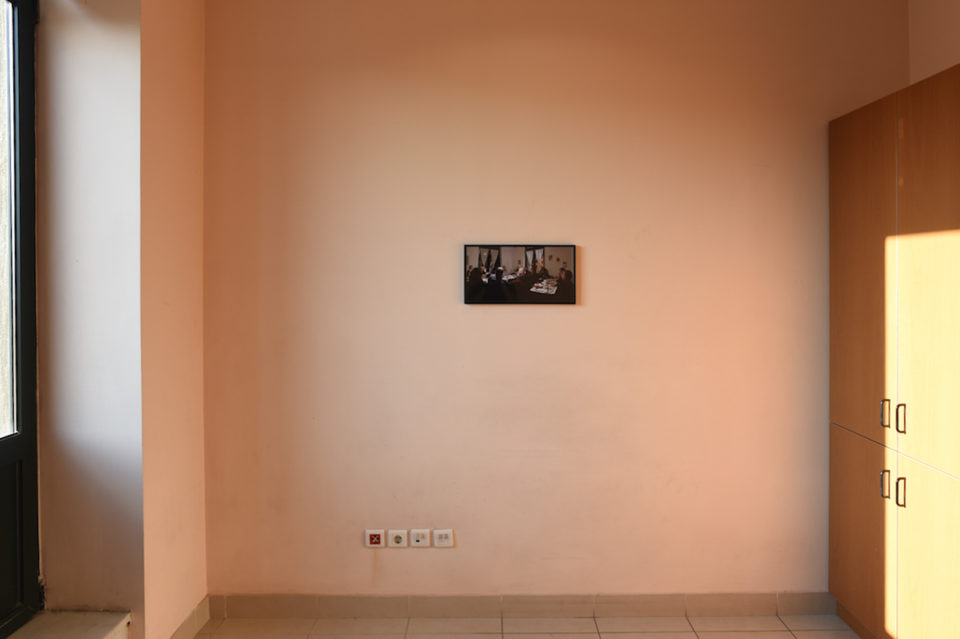
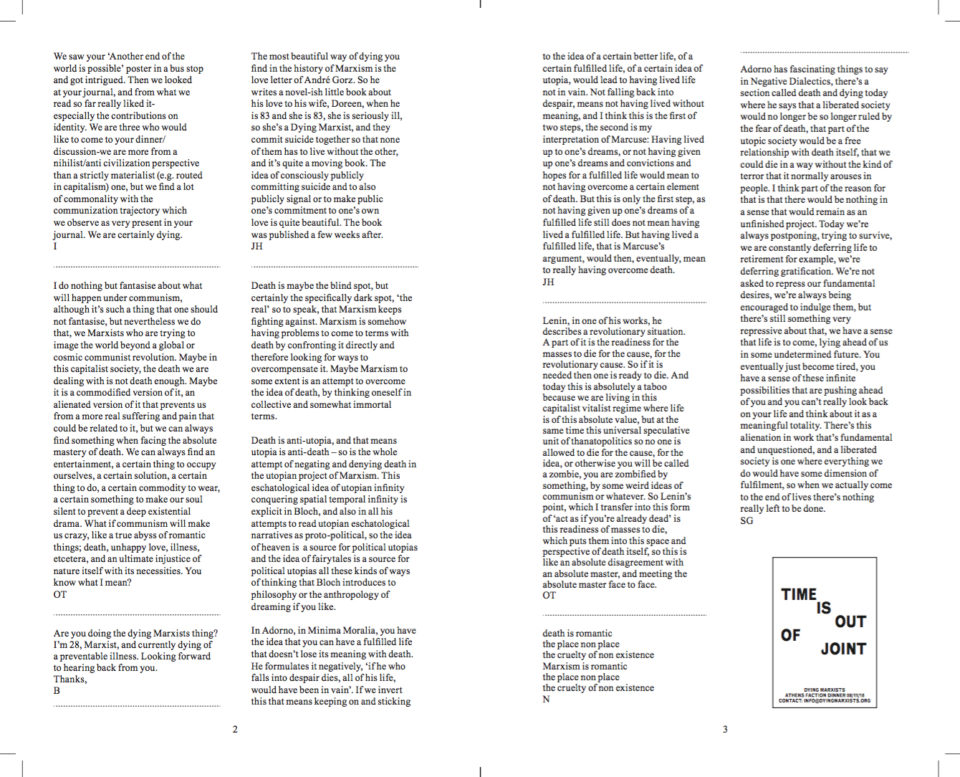
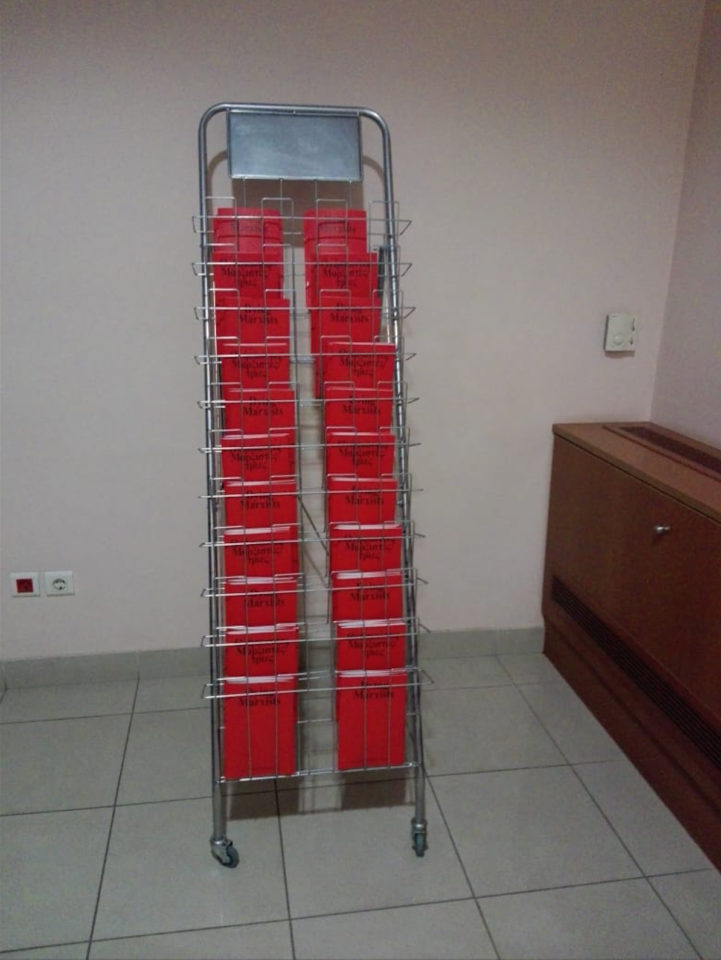
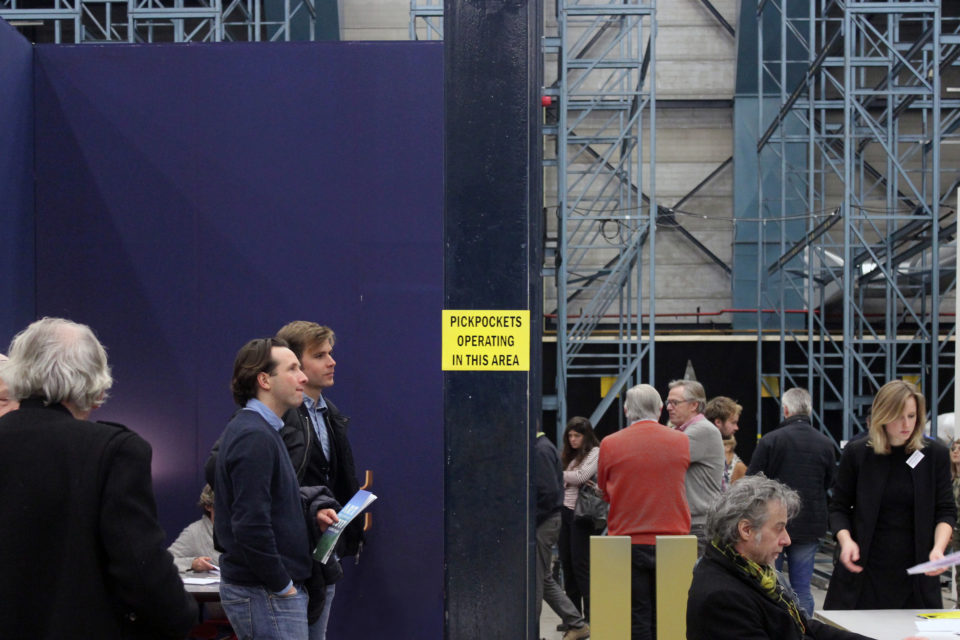
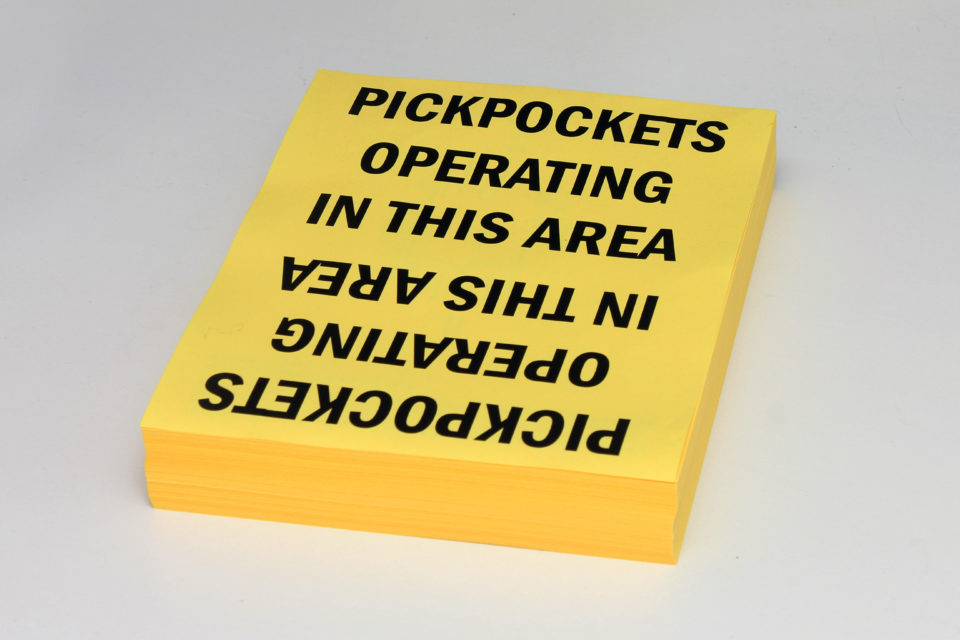
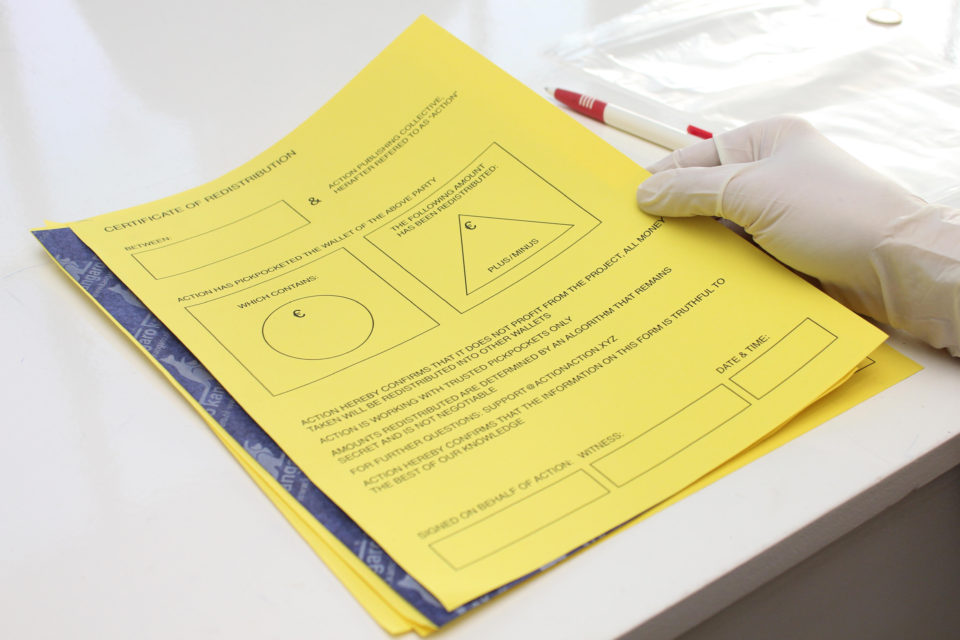
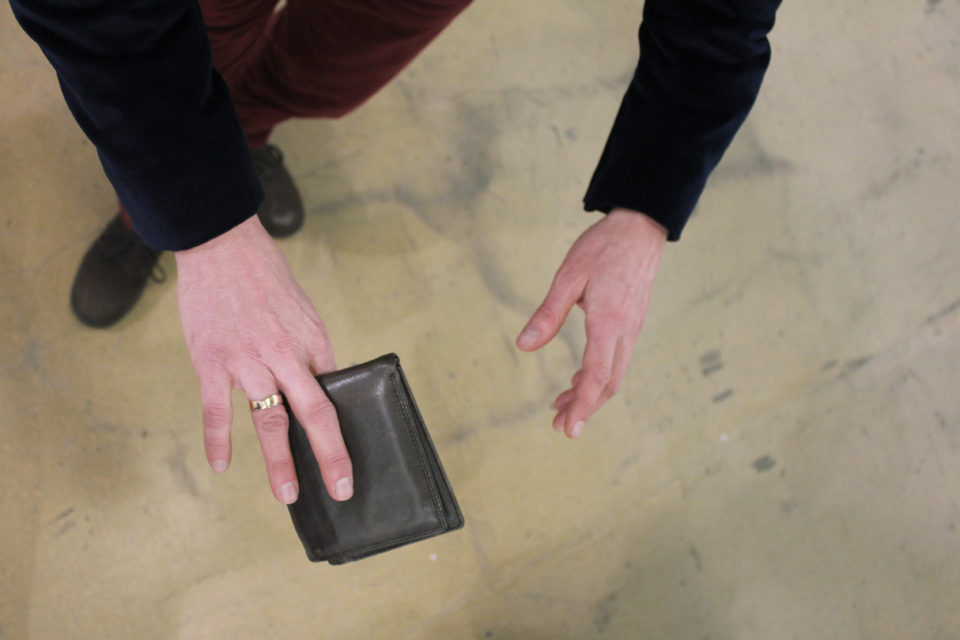
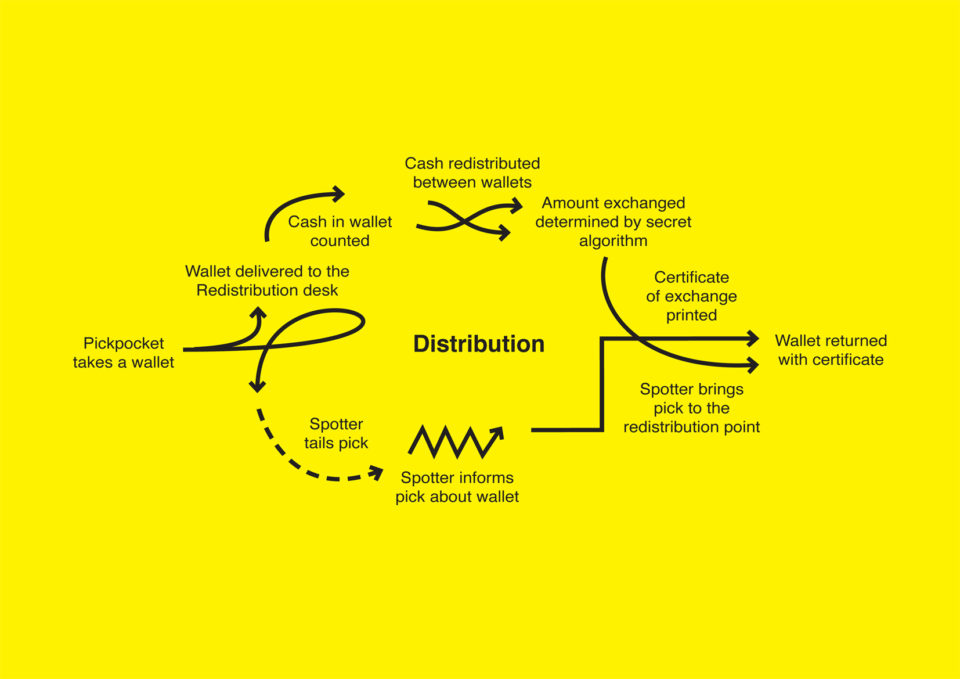
Alongside the commerce of an art fair another form of distribution is taking place. Unidentified hired pickpockets move through Art Rotterdam taking visitors’ wallets. The wallets are taken to a redistribution desk, where small amounts of cash are redistributed according to an algorithm and estimated demographics, and the wallets are returned with an Art Edition: A certificate of the exchange. The Pickpockets aim to be invisible so the work circulates through people watching, rumour and distribution materials. Collaboration with Ilke Gers as Action Publishing Collective.
“The Trial” is based on an interview using literary devices, with a woman from the International Criminal Court’s Investigation Division. Within the court’s structure, the investigator cannot control the way the research she produces will be read, which is done by a separate legal department acting within a jurisdiction that’s often an instrument of colonialism. The film consists of voice, subtitles and soundtrack, reconstructing memories and spaces, in the first person, present-tense, a movie-esque soundtrack added in post production. The memory of a professional observer, is stretched and a game emerges between speaking and editing in the realm of law and cinematic imagination. Viewers can enter a screening room with or without wireless headphones to experience the film differently.
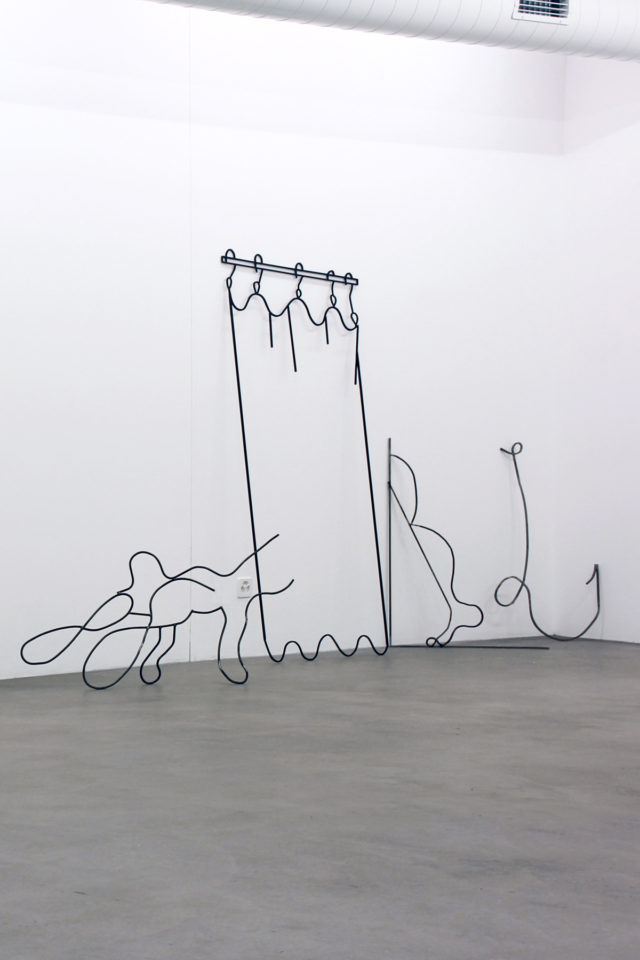
Against DW Griffith
Roger Ebert (1942-2013) was a film critic with a Pulitzer Prize-winning column syndicated to over 200 newspapers worldwide, a popular TV show, and possibly more visibility than any critic in cinema history. He was also possibly a semi-anonymous Wikipedia editor. This project collated the Wikipedia edits in question, which weren’t written with the purpose of authorship, but when framed in a hardcover book it fitted these requirements. It was launched like a regular book with press releases and media interviews, even though it was only a single edition.
Professional spokespeople take the place of performers, relaying stories, market shocks and TED talk-like speeches to a live audience.
The Confidence Man was Herman Melville’s final novel. Maybe it was bad sales, disappointing reviews (Including the headline “Herman Melville Crazy”), but there’s a pattern in these late works, the novels adding up to a deep suspicion of drama. Causality, the corner brick of narrative, never ended well for the men Melville wrote of (the whale stole my leg, therefore…) Now it was 1857, PT Barnum was in full scam, the ‘Know Nothing’ party was emerging, moods floated down from the markets. Melville’s plan, I guess, was to plot a novel from these fluctuations in the shared weather and market moods. The stories are relayed through ghostly reappearing archetypes, stories never experienced first hand, maybe not even believed, nonetheless the interface carries things along.
1646, Den Haag. Performers: Jeremiah Fleming, João Paixão, Abner Preis, Pasquale Camporeale. Camera: Lukas Heistinger.
Good-night; and Providence have both of us in its good keeping.
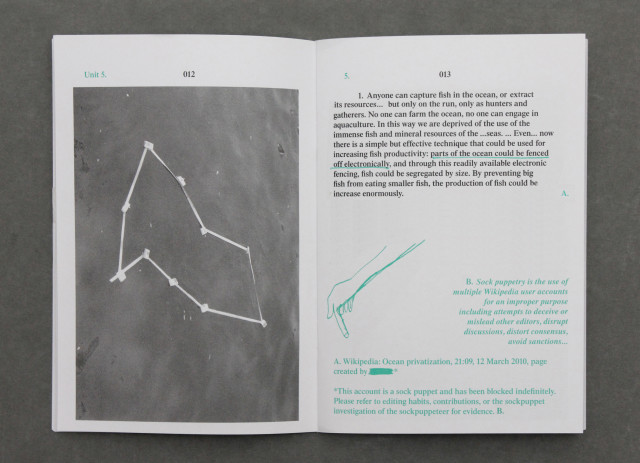 A publication tracing the process of fact checking, knowledge management and content structuring, looking into objectivity producing formats like Wikipedia, journalism and propaganda. Artworks that map, model and prototype information are presented next to tracked and republished texts that follow often absurdly long processes of footnoting and rubrication. Offset Print 176 x 250, 78 Pages, Designed with Mathew Whittington, published by DAI/CasCo, 2013
A publication tracing the process of fact checking, knowledge management and content structuring, looking into objectivity producing formats like Wikipedia, journalism and propaganda. Artworks that map, model and prototype information are presented next to tracked and republished texts that follow often absurdly long processes of footnoting and rubrication. Offset Print 176 x 250, 78 Pages, Designed with Mathew Whittington, published by DAI/CasCo, 2013